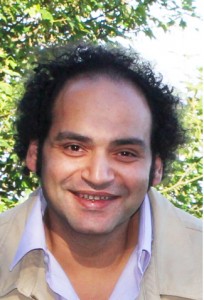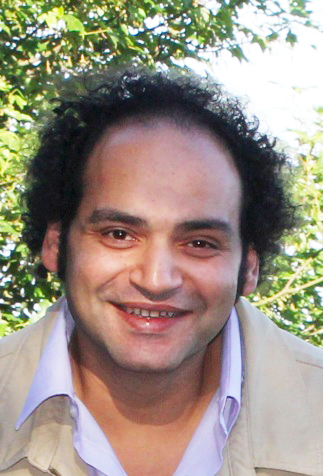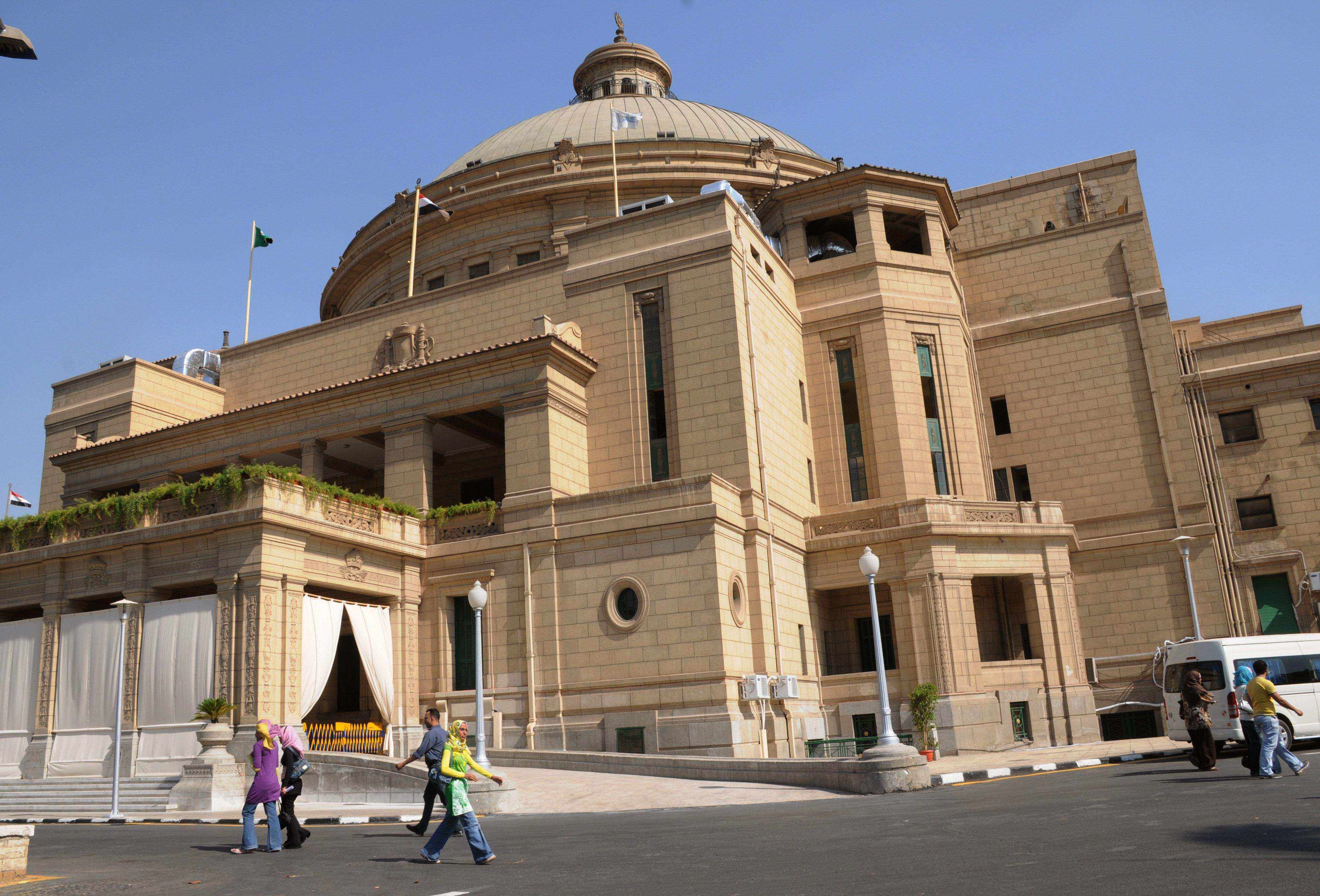 One hundred days have passed since that afternoon when the official result of the presidential election was out. On that day, it took me 20 minutes to drive from New Cairo to Mohandseen, a trip that usually takes me 90 minutes.
One hundred days have passed since that afternoon when the official result of the presidential election was out. On that day, it took me 20 minutes to drive from New Cairo to Mohandseen, a trip that usually takes me 90 minutes.
The streets of Cairo were as empty as a Friday early morning. After days of doubt, several forecasts of mass tension, and a long lecture in Arabic creative writing by Farouk Sultan, the final result was out and Mohamed Morsy was in.
Please understand that this column is not another attempt to hold our president accountable for the promises he made and the 100-day benchmark he set for their realisation. I was not one of those who voted for the man and I was not one of those who believed in what he promised either. To me, it is a waste of time to criticise someone’s failure to deliver what he had promised if I never believed in his ability to succeed in the first place. This column is about how I see things after 100 days of Morsy’s rule.
I cannot deny that a silencing state of depression washed over me as soon as Morsy was declared president. In fact, the depression started right after the first round of elections when I realised that our 14-month transitional phase has yielded the same choices over again, Mubarak’s men and the Muslim Brotherhood.
I tried to fill my mind with hopeful positive thoughts, telling myself that I was a pessimist and that Morsy deserves a chance since he does reflect the will of 52% of those who voted, and that his performance remains to be seen.
But wishful thinking became harder day after day. The consecutive disappointments in both the army and the Brotherhood since the ousting of Mubarak made it very difficult for me to be optimistic, but as soon as Morsy’s presidency began to unfold, this doubtful phase was replaced by sheer frustration.
I was surprised when a few days after his access to office, Morsy decided to resurrect the parliament after the court dissolved it, only for it to be in session for less than 48 hours till the court reaffirmed its previous decision. I thought then that maybe the man does not have sufficient legal insight and that he fell victim to inaccurate legal advice.
A few days later I was taken by another surprise by the new government which did not reflect political diversity or include any important national figures. Until now I don’t understand why a water specialist is at the top of government in a country in dire need of an economist.
At that time I was watching Morsy’s statements from mosques during his Ramadan presidential prayer tour, in what I saw as a showy combination of politics and religion.
A few weeks later I was taken by surprise again, when Morsy relieved Tantawy and Anan from their duties, decorated them with the highest honours, and then replaced them with members of the very council over which they had resided.
At the same time, he concentrated power into his own hands and translated that power into constitutional articles making the president the source of all legislative and executive power. At this stage I realised that the manufacturing process of the new pharaoh was complete.
A few months later, while protesters surrounded the American embassy and Egypt was on the verge of a diplomatic crisis with the United States, Morsy was having a meeting with the Egyptian residents in Italy, and I still haven’t worked out the rationale in that one.
In a nutshell, congratulations are in order for Morsy’s 100 days of experimental presidency. We should celebrate 100 days of a presidency without policy, 100 days of confusing and contradictory actions, 100 days of propaganda, 100 days of rotten compensations and 100 days of a revolution killed by the ballot; we should celebrate 100 days of Morsy.




